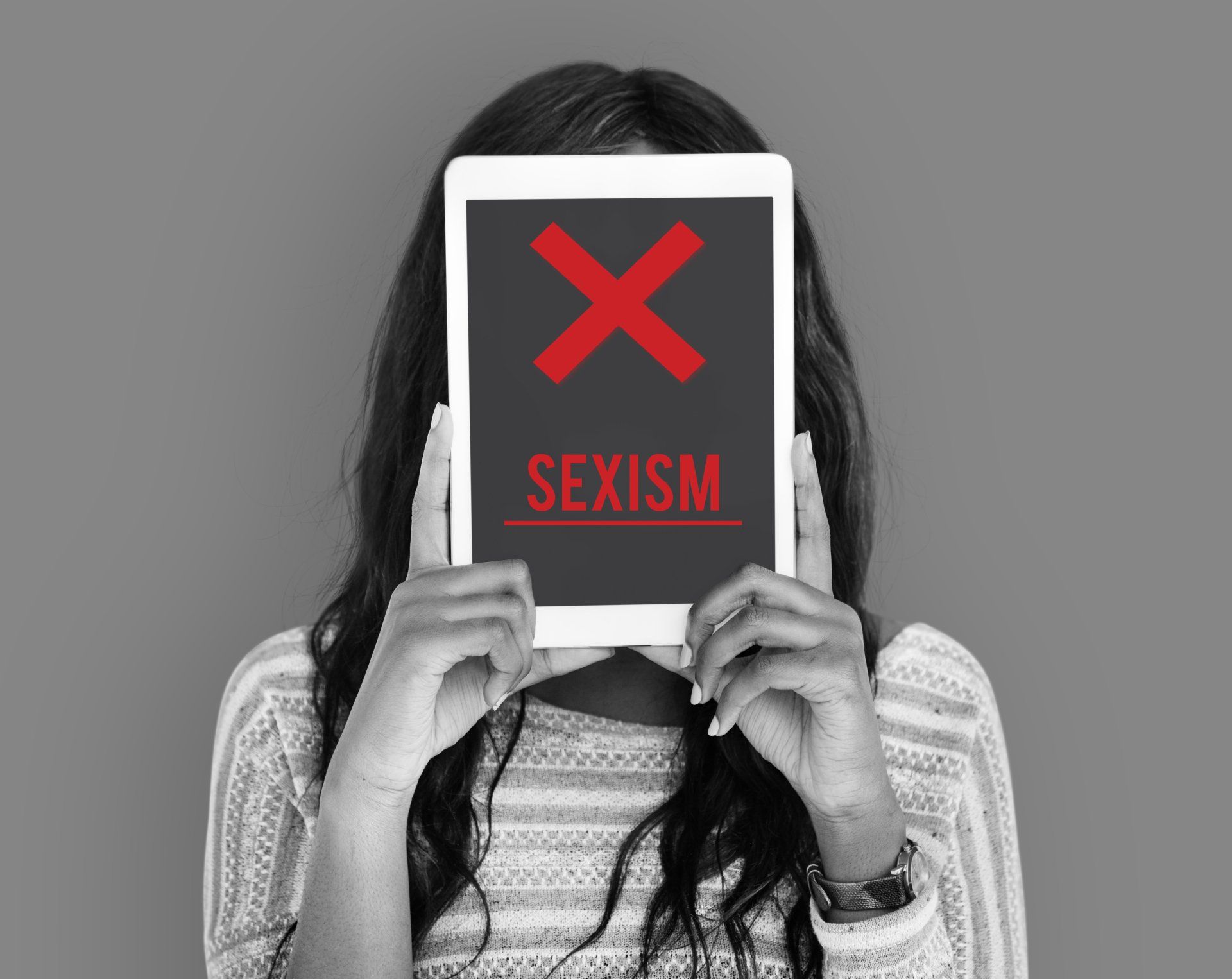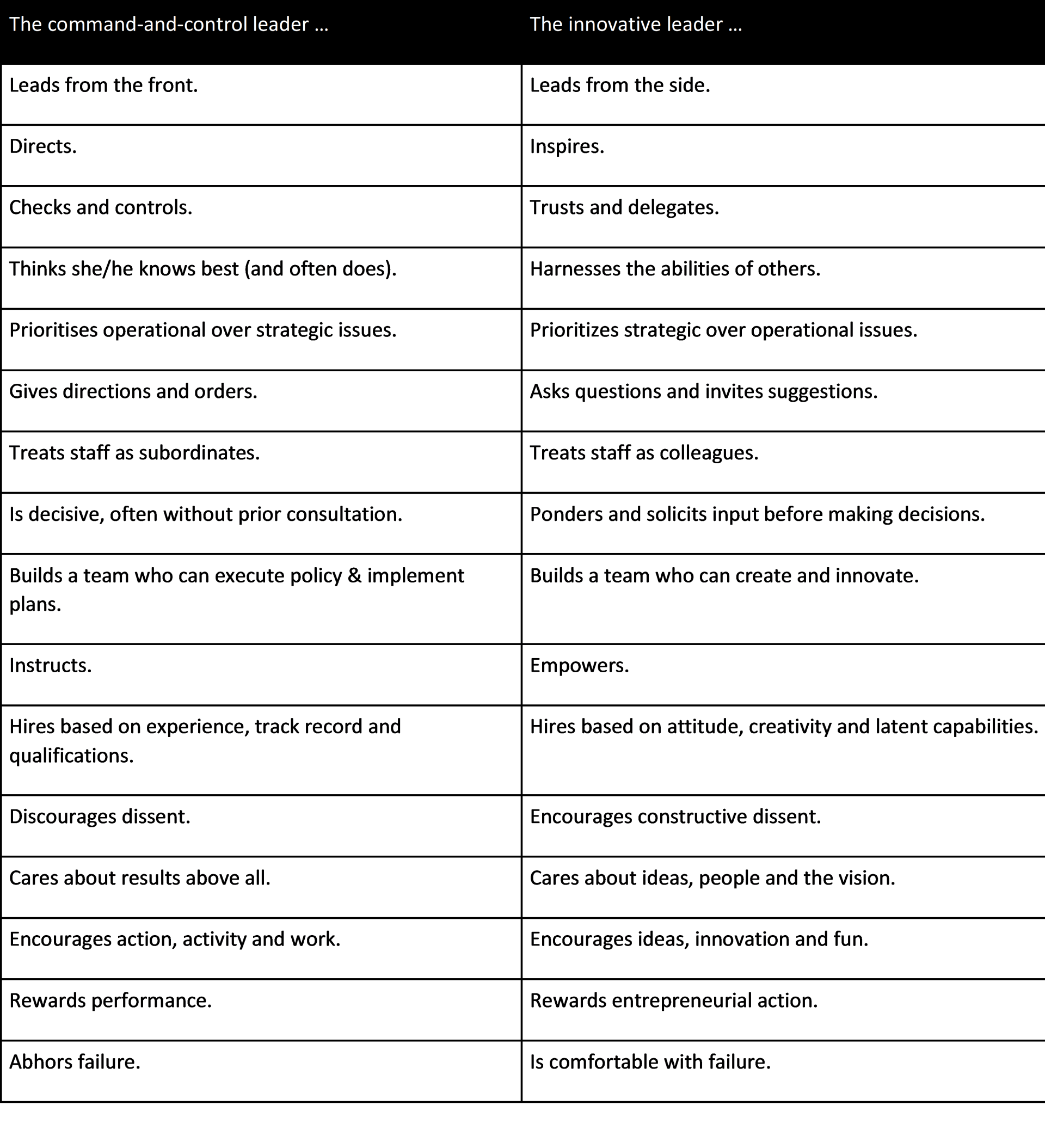I'll be honest - I've been struggling
Peter Radford • April 26, 2021
I'll be honest - I've been struggling
How fake is your professional face? How often to you get on a zoom call or turn up for work and plaster a smile on that hides your truth?
Chances are – quite often. If you’re anything like me then there have been plenty of times, not just in the past year but for years, when you have projected an impression that you are happy and coping when actually you’re not. You feel low, you’ve just had conflict with your spouse or kids, you forced yourself up in spite of how you felt and you put on your professional face.
Here’s a question: is that the right thing to do?
If I’m honest I’m torn on this one. I’m also somewhat alarmed at how easily I can fake it when I have to. How naturally I can project an impression that I am living my best life – when truth be told, I’m not.
Faking has got easier this year. Remote team meetings are easier to fake than in-person meetings. You don’t even need to get fully dressed. And you can see your own face throughout the meeting so you can check and double check what your face is ‘saying’ throughout the meeting. I wonder how much time in each meeting you actually spend looking at your own face. (More than 50% according to some articles out there!) And of course, once the meeting ends you can switch the face off. Not like in an office environment… where you have to keep the face on all day long! When people may catch your demeanour in the in-between-moments when you think no one is looking.
But does it matter? Isn’t that the right thing to do? I mean it would be unprofessional to let your true feelings get in the way of your job wouldn’t it? Keep your personal life at home. Isn’t that right? People will think you’re weak if you show your emotions. People want to know what they’ll get on the end of the phone when they call up and ask for your expertise. You can’t let your feelings get in the way….
As I said, I’m torn. On the one hand yes – you’ve got a job to do and a service to deliver and everyone doesn’t want to know your problems. On the other hand I think we’ve got the bar in the wrong place at the moment. We fake too quickly, too often and to too many people.
- Far too frequently we say, ‘I’m good’ when actually it would be entirely appropriate to say, ‘ I’m struggling.’
- Far too frequently we say, ‘I’m fine,’ when it would not be wrong to say, ‘I’m having a difficult day.’
- Far too frequently we plaster on a smile, or at least a mouth-smile, not an eye-smile, when it would not be inappropriate to let our truth show… that smiling is the last thing we feel like doing.
But there’s another aspect to this… it’s not just about whether we are courageous enough to share some of our reality, it’s whether the people around us can handle it. And the sad truth is that often they can’t. We’re all products of an emotionally illiterate culture. And because of that we don’t actually know how to handle it when a colleague says, ‘I’m struggling’. For some of us it throws us into a panic: ‘Shit! He’s struggling. Oh no… how can we lighten this up a bit?!’ So either we make a joke to change the subject or we offer some trite attempt to ‘fix it’.
I know the ‘fix it’ mentality well. It’s my default. Someone shares a problem … I try to fix it. When actually if a person shares how they are mostly they aren’t actually looking for you to fix it. Rather just to acknowledge it. To empathise. To show that you care. To experience the relief and release of, just for a moment, not having to fake it. To feel like someone will listen.
As a bloke I feel like I can speak for most men when I say we often feel less comfortable with offering this empathy than many women do. Less comfortable with just listening. I’m hesitant to gender-stereotype but on this occasion the statistics bear it out. As men we are slower to go to the GP when we’re ill than women, we’re three times more likely to commit suicide than women. We’re products of a culture that told us that being manly means hiding your emotions.
But that’s crazy!
And if we could accept that emotions are a natural part of being human, rather than a sign of weakness, we could start to build mentally healthy working environments that allow people to really thrive and offer support when they have the inevitable dips.
So I’m going to practise what I’m preaching: This past week I’ve struggled. I’ve felt overwhelmed with the stuff I’ve had on and the pressure I’ve felt. A couple of times it’s triggered the tight feeling in my chest that I’ve come to recognise is a sign that I’m sailing to close to the wind. I’ve been distracted at home and not engaged with my kids and wife, and I’ve lost my temper more than once. So all in all I’ve felt low. I’ve not gone out for runs because I felt too low to motivate myself and I’ve drunk more in the evenings. I’ve just been trying to get to the weekend. It’s funny how, even as I write this I’m double checking what I write and feeling uncomfortable wondering what other people will think. Will it undermine what people think of me? But then I think, chances are, plenty of people have had a week just exactly the same! And the fact that I feel uncomfortable is exactly the point. It shouldn’t be such a difficult thing to say how we are.
So next time you are asked how you are, how about telling the truth. Appropriate to the context and the people you’re talking to. It doesn’t mean you can’t do your job. It doesn’t mean you should be treated with kid gloves. It’s just a statement of fact: you’re NOT fine. And that’s ok.
And the next time someone tells you that they are struggling. Don’t try to fix it. Don’t change the subject. Ask them why… and listen. And when they’ve finished say, ‘I hear you’ and thank them for sharing.

It’s still a man’s world! Unfortunately, in spite of making huge strides in women’s rights over the past century, this holds true in many ways. Some of the discrimination is less overt but the underlying systems remain biased in favour of men. These biases have developed for a number of reasons. Here’s the first. I will address others in subsequent blogs. There are two basic views of gender – the Essentialist View and the Existentialist View. The Essentialist View is the traditional view that men ‘naturally’ suited to some roles and women to others. The argument goes that because women are biologically able to bear children they are naturally more suited to caring professions and roles which require emotional sensitivity. By contrast men are said to be more ‘naturally’ suited to more competitive workplaces and roles which require rational, critical thinking. These stereotypes persist overwhelmingly. And are evidenced by the huge disproportion of men and women in, say, early years child care and nursing as compared to science and engineering. The Existentialist View is that these differences between males and females are the product of nurture not nature; that from the moment we are born we are ‘socialised’ to play with certain toys, to like certain things, to behave in certain ways. The resultant stereotypes are therefore manufactured not inherent, generated by culture and context rather than biology. For example – a study by the BBC showed that adults are more likely to introduce toys which develop spatial awareness and motor skills to baby boys than to girls. Scientists tell us that when children play spatial awareness games regularly their brains change physically in just three months! In other words, we are all to a huge extent, products of the stereotypes and biases of society and as a result we, often unconsciously though sometimes deliberately, perpetuate those same biases. In my view we need to stop with our fixation with dividing people by either biological sex or gender identity. These categories may have some use for a small number of contexts (for example it makes sense in medicine to take account of the biological differences between males and females). However, for the vast majority of contexts it is a fairly useless way to divide people. It is ludicrous to split 7.7 billion people into just two categories and say – ‘you are all like this’ and ‘you are all like that’! The same goes for the other blunt tools we use to categorise: ethnicity, religion, age, disability etc. I’m arguing that to truly challenge the sexism and all kinds of discrimination in society we need to recognise and affirm the beautiful diversity and uniqueness of every single person. To build schools, businesses and organisations that are people centred and which value difference. The best tool I have discovered to assist with this is The GC Index . This assessment tool helps to affirm the differences between individuals and enable leaders to identify and develop the unique energy and potential that each person brings to the table. Whilst you could say, ‘Aren’t we just replacing one set of categories with another?’ with 100,000 different possible variations, it’s not perfect but it’s a vast improvement on two! That’s why I think the move in recent years to acknowledge the complexity of gender is a hugely positive thing. Biology is one thing, identity is another. But… until we start discussing and understanding the impact of socialisation and the difference between biological sex and gender identity we won’t see real change. And, unfortunately, the nature of the debate on this issue in the media has made many feel afraid to even talk about it for fear of being labelled either ‘woke’ on the one hand or transphobic / misogynistic on the other. Becoming comfortable with difference necessarily means being willing to hear different viewpoints, even the ones which make you feel uncomfortable. So how about starting with the debate above… essentialist vs existentialist: are men better at some things and women better at others? Be open to hearing different views, but prepared to give a reasoned defence of your own. Difference is good. Bring it on! 1. For BBC study watch: https://www.youtube.com/watch?v=nWu44AqF0iI 2. For more info on the GC Index go to https://www.peterradfordspeaker.com/the-gc-index

The past couple of years have exposed in alarming ways just how much racism still pervades society and remains inherent in the national consciousness, institutions and systems. Racial inequality is undeniable. To quote just a few examples from the UK: Unemployment levels are twice as high amongst black men than white men.[i] Applicants with white-sounding names are called to interview far more often than applicants with Asian or African sounding names.[ii] Black women are still four times more likely than white women to die in pregnancy or childbirth in the UK, and women from Asian ethnic backgrounds face twice the risk. [iii] The examples are myriad. In Dorset, where I live and which is less racially diverse than many other parts of the country, entrenched prejudices persist often because they go unnoticed; as a white man, I am somewhat blind to my own biases and privilege. When confronted with difference, however, these prejudices can quickly come to the fore. It is striking that in the months following the Brexit vote incidents of hate crime across England and Wales increased by up to 100% with Dorset seeing the greatest increase![iv] As businesses and schools we have a responsibility to root out discriminatory practices and ensure that we comply with employment law and the Equality Act 2010. However, complying with the letter of the law doesn’t go anywhere near far enough in ensuring that all staff, clients and students feel valued and safe and that access to opportunity is equitable. It’s very easy to think, ‘we don’t have a problem with racism here’. Probably what you mean by that is there have been very few reported or explicit incidents of racism in your work place. But racism is not simply the easy-to-spot occurrences of aggressive discrimination or the use of racial slurs or terms, it is far more covert and often unconscious than that. The truth is, when dozens of people who all share the same biases join together and form a business or organisation then their shared biases become part of the workplace culture, unwittingly baked into the structure of how things work. This is what is meant by structural, institutional or systemic racism. There may not be conscious or malicious intent, but the norms which advantage some and disadvantage others persist unless we deliberately examine those systems, listen to other perspectives and seek to be proactively anti-racist. This is what the Black Lives Matter movement is trying to do: proactively redress the balance in society. So how can we address inequalities, promote fairness and celebrate difference? Below I suggest three starting points to begin to transform our businesses and schools into beacons of hope for a fairer world. 1. Valuing Difference – Ensure representation at every level of your school or company A study at Columbia Business School gave teams the task of solving a murder mystery. In half the cases the groups were composed of four friends. The other half were composed of three friends and a stranger. The result? The teams with a stranger consistently and significantly outperformed the teams without one. They also found the task more cognitively demanding as they were forced to engage with different perspectives and think carefully in order to justify their own perspectives. They were enabled to see their own blindspots which in turn helped them collectively to find more effective solutions.[v] Difference is good for us. Valuing rather than fearing difference is the beginning of change. Making sure that difference is represented at every level of your business is essential if you are going to grow. 2. Engaging with difference – Listen to the lived experience of people of colour in your workplace. In any system which is inherently biased, minorities are likely to feel anxious about speaking up when they experience discrimination or micro-aggressions[vi]. In order to survive, people have often learned to just ‘put up with’ some of the injustices they experience. (The same is true of women in a male-dominated context). Finding out how black, Asian or minority ethnic people feel on a daily basis in your workplace or context is essential to effect real, lasting change. But meaningful listening and learning is not a one-time thing and can only take place in a safe, or possibly anonymous, context in which people feel confident that their perspectives cannot and will not be used against them. Before such honest reflection can take place you may well need to invest in some training. 3. Challenging Indifference – Re-think your vision and values Inertia is the greatest barrier to change. Change requires clarity of purpose and a coherent message that galvanises action and generates momentum. Two questions: a) How much focus and attention do you give to the ethos and values of your business/school? And b) Are those values in need of an update? In other words, do they firmly and unequivocally affirm the value of every human person and do they translate into the everyday, living reality of your workplace? Change takes time, openness and the willingness to have meaningful dialogue about these issues. We need to move beyond polarised soundbites on social media and commit to create positive working environments for all. [i] Dynamics of Diversity:Evidence from the 2011 Census, Esrc Centre on Dynamics of Ethnicity, University of Manchester and Joseph Rowntree Foundation, September 2013 [ii] ‘A Test for Racial Discrimination in Recruitment Practice in British Cities’, National Centre for Social Research 2009 [iii] https://www.theguardian.com/global-development/2021/jan/15/black-women-in-the-uk-four-times-more-likely-to-die-in-pregnancy-or-childbirth [iv] https://www.independent.co.uk/news/uk/home-news/brexit-vote-hate-crime-rise-100-cent-england-wales-police-figures-new-racism-eu-a7580516.html [v] M. Syed, Rebel Ideas: The Power of Diverse Thinking (London: John Murray, 2019), p. 36-37 [vi] Micro aggressions are a form of unintended discrimination, e.g. statements like ‘You’re very well-spoken’ or ‘You don’t act black’. Such ‘complements’ communicate hidden assumptions about people of colour. Typography photo created by rawpixel.com – www.freepik.com

The examples of sexism, misogyny and sexual harassment have been flowing thick and fast over the past year. From the recognition that this is a major issue in our schools to the murder of Sarah Everard, it is somewhat frightening to see just how entrenched sexist attitudes are across all levels of society. We thought we’d come a long way! And in some ways we have. But that is small consolation to the millions of women who find themselves mistreated, devalued and abused on a daily basis. The tendency of most is to assert defensively, ‘I’m not sexist’. But the truth is you probably are. For sexism is so deeply embedded in our thinking and modes of operating that for the most part we don’t even notice. Whenever a group of people who share the same bias form a business or team then that bias becomes ‘baked into’ the norms of the culture. This isn’t necessarily with malicious intent, it is just a fact. The truth is that unhelpful and often damaging, gender stereotypes begin from the moment we exit the womb. The mantlepieces of our parents were adorned with cards that communicated the expected preferences and behaviours associated with our biological sex. For example, boys are supposed to like football, robots, trucks, pirates and blue. Girls are supposed to like cupcakes, fairies, ponies, princesses and pink! Very quickly children learn what they are supposed to like. In fact, studies show that in just three weeks a child’s preferences can be altered by the rituals, norms and role models to which they are exposed. (i) Soon after we are born we are introduced to stories. A study of children’s books showed that males are twice as likely to appear in title roles as females and appear in 50% more pictures. In TV, boys and men appear in 75% more speaking roles than girls and women. In those same stories the words ‘beautiful’ and ‘weak’ are more commonly ascribed to women and the words ‘brave’ and ‘great’ more commonly ascribed to men. Without realising it children learn early on that ‘beauty is an essential part of being female’. (ii) Such early experiences of conditioning feed the stereotypes that then perpetuate the myth. ‘My daughter just prefers playing with dolls’ is asserted to be ‘natural’ when her introduction to expected norms was far from gender neutral from the start. Take too the tendency for parents to spend more attention each day to brushing and styling a girl’s hair or the outfit she wears than to boys’ appearance. Very early girls in our culture grow up with two distinct identities: their body and their mind; they are subtly absorbed into a society which values women more for their physical looks and men more for their intellect. So effectively internalised is this stereotype that when women are asked simply to record their sex on a quantitative test ( thereby reminded unconsciously of the stereotypical expectations) they consistently perform worse than when they are not reminded of their sex! (iii) Being pretty is more important than being smart if you are a woman in our culture. This is the prevailing message. And the examples of this are multitudinous. Undoubtedly then, any business or group that was started and/or led mostly by men will be inherently biased towards men. And it will take proactive training and evaluation to identify how this manifests itself and how to redress the balance. But what if your business is mostly or all-female? I would argue that the same applies. For two reasons: 1. Because every female that has grown up in this sexually biased culture of ours has unconsciously absorbed its norms, but also 2. Any female-led business is operating within a world that is still heavily biased toward men: for example whenever a woman does a google search, the results presented are driven by an algorithm… that was, in most cases, programmed by a man! Resolving to take this issue seriously and seek to proactively address it is a challenge for every business and organisation. If we don’t then I fear that the prevalence of sexual harassment and misogyny will only continue. Change starts here. Go to https://www.peterradfordspeaker.com/equality to enquire about training on this issue. i. Caroline Criado- Perez, Do it Like a Woman, Portobello Bookls, London 2015, P149 ii. Ibid, P150-151 iii. John Bargh, Before You Know It, Penguin, London 2017, p87 Image by: People photo created by rawpixel.com - www.freepik.com


